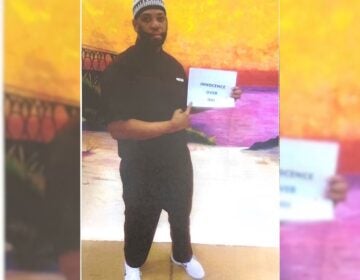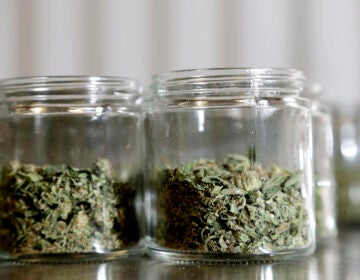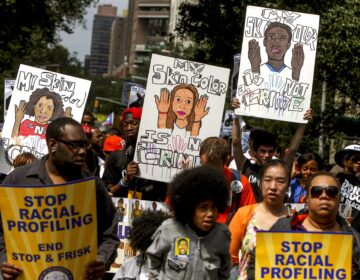Philly’s forfeiture machine: How selling homes seized by cops hurt poor neighborhoods
Selling homes seized by law enforcement was supposed to improve communities. But a new WHYY investigation found it's added to blight in some of Philly's poorest neighborhoods.
Listen 12:31
Between 1993 and 2018, nearly half of the homes seized by the Philadelphia District Attorney's Office were in just four ZIP codes in North Philadelphia and Kensington. Some areas, like Center City, never experienced a single forfeiture. (Kimberly Paynter/WHYY)
A tactic to curb drug crime in the 1980s gave Philadelphia police the freedom to seize homes, cars, and cash suspected of being tied to drug dealers. Then, the district attorney auctioned them off to the highest bidder for cash that went back to the law enforcement agencies — a legal process is known as civil asset forfeiture. These sales were supposed to improve communities by moving property out of the hands of suspected criminals. But on this episode of The Why, WHYY reporter Ryan Briggs tells us how he learned many of these properties were simply sold to speculators, adding to blight in many of Philadelphia’s poorest neighborhoods.
WHYY is your source for fact-based, in-depth journalism and information. As a nonprofit organization, we rely on financial support from readers like you. Please give today.






